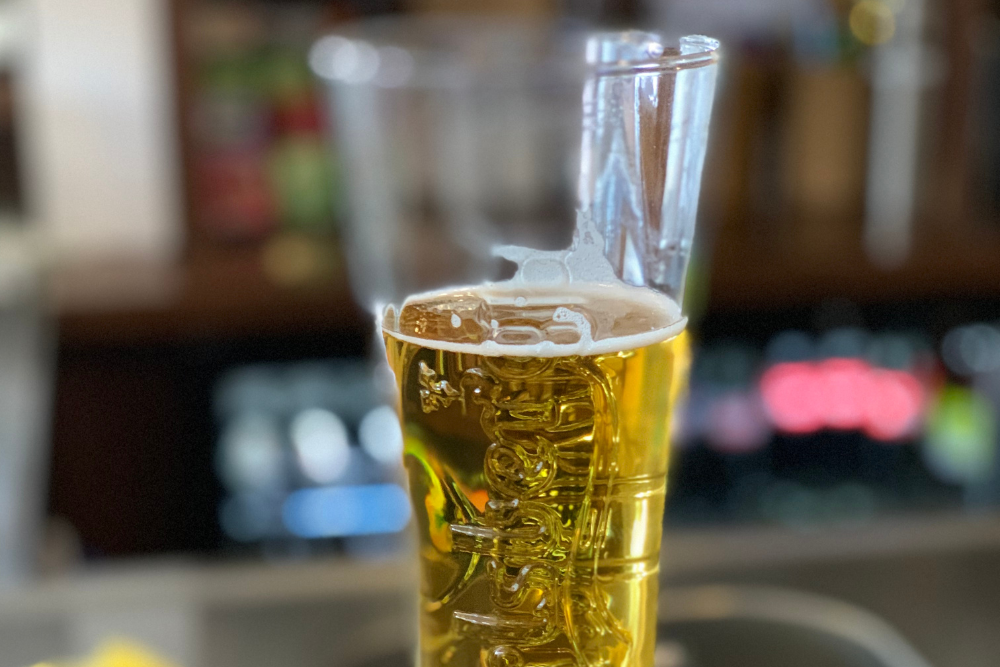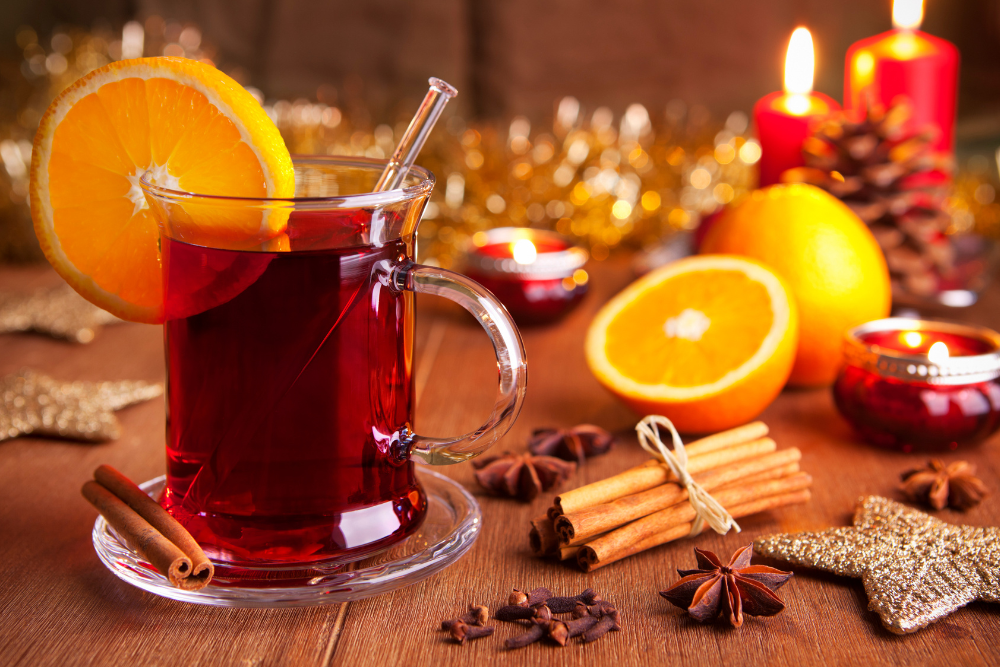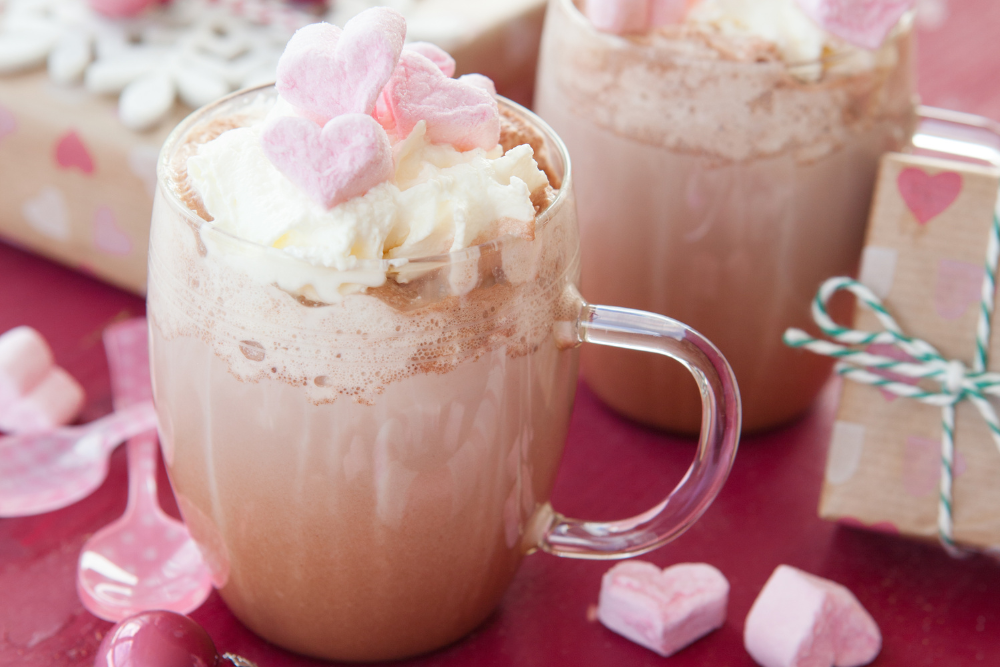Switzerland is well known for its chocolate, cheese, and stunning Alpine scenery, but it also boasts a diverse and rich drinking culture. From warming winter beverages to unique regional wines and herbal spirits, the country offers an array of traditional drinks that are deeply connected to its history, geography, and local traditions.
Whether visiting a cozy mountain chalet, a bustling city café, or a centuries-old vineyard, this guide explores Switzerland’s best traditional drinks and where to experience them.
1. Swiss Wines: The Country’s Best-Kept Secret
Switzerland produces world-class wines, but they are rarely exported, making them a must-try for visitors. The country has six major wine regions, with Valais, Vaud, and Ticino being the most prominent.
Chasselas – The Quintessential Swiss White Wine
Chasselas is Switzerland’s flagship white wine, particularly popular in the Vaud region. Light, crisp, and slightly floral, it pairs well with raclette and fondue.
Where to Try:
- Lavaux Wine Terraces (Vaud) – A UNESCO-listed wine-growing region with spectacular vineyard views along Lake Geneva. Notable wineries include Domaine Bovy and Domaine du Daley.
- Cave de la Côte (Morges, Vaud) – A cooperative showcasing excellent Chasselas varieties.
Petite Arvine – The Elegant White of Valais
A high-altitude white wine with citrus and mineral notes, Petite Arvine is one of the finest wines from Valais, Switzerland’s largest wine-producing region.
Where to Try:
- Sion and Sierre (Valais) – Visit Provins Winery or Château de Villa for a tasting of Petite Arvine.
Cornalin – The Bold Red of Valais
Cornalin is a rare Swiss red wine with rich berry flavors and a smooth texture. It pairs well with Swiss meats and Alpine cheeses.
Where to Try:
- Les Celliers de Sion (Valais) – A great place to sample Cornalin and other Valais wines.
- Domaine Jean-René Germanier (Vétroz, Valais) – A top winery producing some of the best Cornalin.
2. Rivella – Switzerland’s Favorite Soft Drink
Rivella is Switzerland’s most popular soft drink, made from lactose (milk serum), giving it a mildly sweet and slightly herbal flavor. It has been a staple in Swiss households since 1952.
Where to Try:
- Available in supermarkets, restaurants, and vending machines across Switzerland.
3. Swiss Beer – A Rising Craft Scene
While Switzerland is not as famous for beer as Germany or Belgium, it has a growing craft beer scene alongside its traditional brews.
Feldschlösschen – The Classic Swiss Beer
Switzerland’s most famous beer brand, Feldschlösschen, has been brewed in Rheinfelden since 1876. It offers classic lager and wheat beers.
Where to Try:
- Feldschlösschen Brewery (Rheinfelden, Aargau) – Take a tour and enjoy fresh beer straight from the source.
Appenzeller Bier – The Alpine Craft Favorite
Appenzeller Bier is a craft brewery producing traditional Swiss ales and herbal beers infused with Alpine ingredients.
Where to Try:
- Locher Brewery (Appenzell) – Home to the well-known Quöllfrisch beer, offering tastings and tours.
4. Swiss Herbal Liqueurs and Spirits
Absinthe – The “Green Fairy” from Val-de-Travers
Absinthe was invented in Val-de-Travers, Neuchâtel, and was once banned for its hallucinogenic reputation. Today, it is legally distilled again and remains a strong part of Swiss drinking culture.
Where to Try:
- Maison de l’Absinthe (Val-de-Travers, Neuchâtel) – Offers tastings and insight into the history of Absinthe.
- Distillerie Artemisia Bugnon (Couvet, Neuchâtel) – Known for its authentic La Clandestine Absinthe.
Damassine – The Rare Plum Brandy of Jura
Damassine is a traditional brandy made from small red plums grown in the Jura region. It has a strong, fruity aroma and is best enjoyed as a digestif.
Where to Try:
- La Maison du Patrimoine (Porrentruy, Jura) – Offers tastings of Jura’s famous Damassine.
Eau-de-Vie – Switzerland’s Traditional Fruit Brandy
Eau-de-Vie is a clear, potent spirit distilled from pears, apricots, or cherries. The most famous version is Kirsch (cherry brandy), often used in Swiss desserts.
Where to Try:
- Zgraggen Distillery (Schwyz) – Producing top-quality Swiss fruit brandies.
5. Hot Swiss Drinks: Winter Warmers
Glühwein – Swiss Mulled Wine
A staple at Swiss Christmas markets, Glühwein is a spiced red wine served hot, perfect for cold winter days.
Where to Try:
- Zurich Christmas Market – One of the best places to enjoy authentic Glühwein.
- Montreux Noël (Montreux Christmas Market) – Set along Lake Geneva, this market offers excellent mulled wine options.
Schümli Pflümli – The Alpine Coffee with a Kick
Schümli Pflümli is a hot coffee mixed with plum schnapps, making it a favorite après-ski drink.
Where to Try:
- Mountain huts and ski resorts across Switzerland, particularly in Zermatt and St. Moritz.
Heisse Ovomaltine – Switzerland’s Favorite Hot Chocolate Alternative
Ovomaltine (Ovaltine) is a malted chocolate drink that has been a Swiss favorite since 1904. While it is available worldwide, the original Swiss version is richer and less sweet.
Where to Try:
- Swiss mountain chalets and cafés – Best enjoyed on a cold winter day.
Conclusion
Switzerland’s drink culture is as diverse as its landscapes, with everything from rare wines and herbal liqueurs to unique soft drinks and warming winter beverages. Whether enjoying Chasselas in Lavaux, tasting Absinthe in Val-de-Travers, or sipping Schümli Pflümli in an Alpine lodge, exploring traditional Swiss drinks is an essential part of experiencing the country’s culinary heritage.
Next time you visit Switzerland, step beyond the usual beverages and discover the authentic flavors of Swiss tradition. Each drink tells a story of craftsmanship, history, and regional pride.












